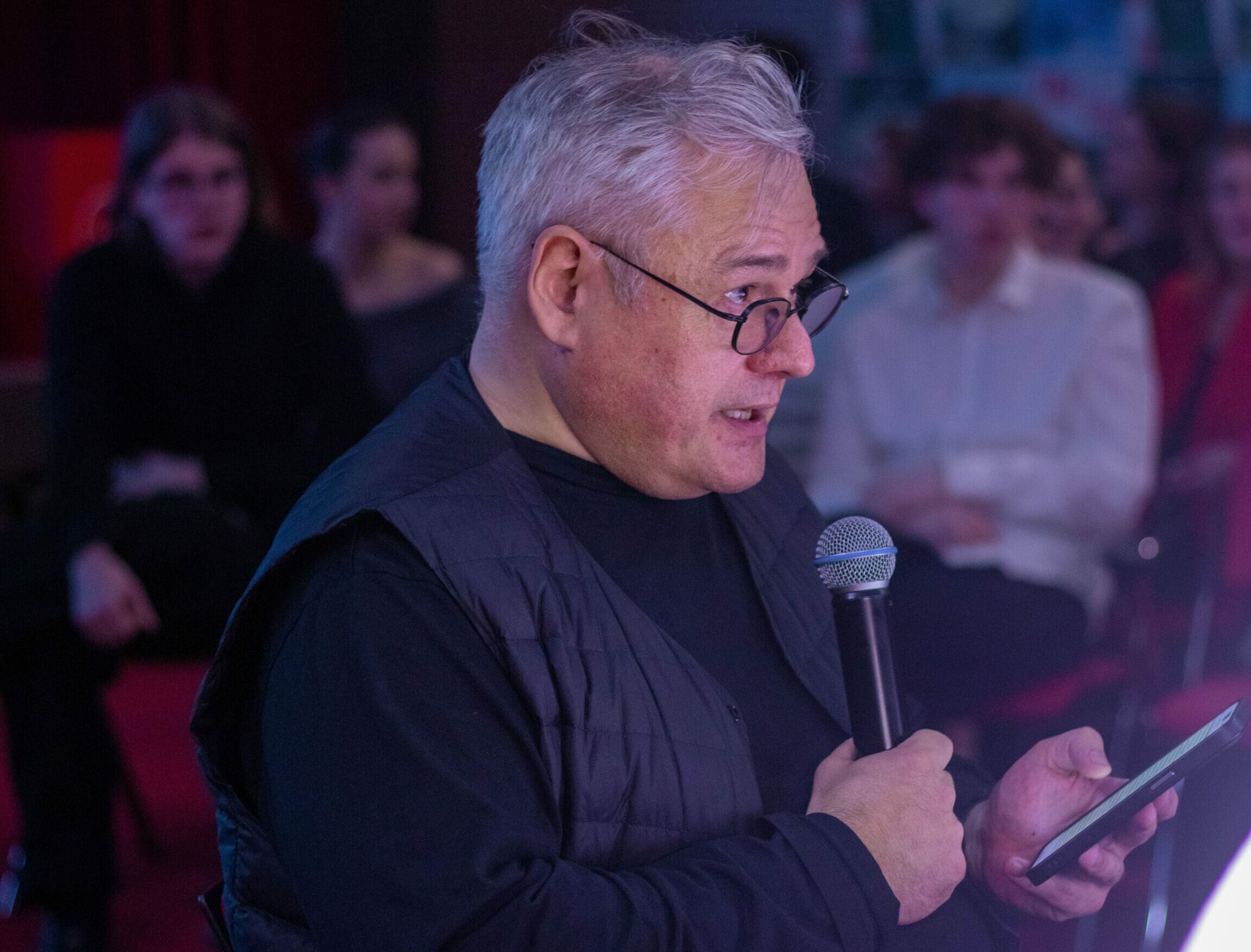How to use artificial intelligence in research without harming critical thinking — this was discussed in an interview with Sputnik Radio by Igor Remorenko, Rector of Moscow City University.
Modern students increasingly turn to AI when writing term papers and theses. The technology helps in searching for sources, choosing methodologies, and even analyzing data, but at the same time, it poses new challenges for the academic community. How to preserve depth of research and independent thinking was the focus of the conversation with Rector Igor Remorenko:
“If a student simply copies AI-generated text, the academic supervisor will notice. Setting up an experiment or conducting research entirely by copying everything generated by AI is practically impossible. Unless such a study has already been conducted by someone else, in which case AI merely acts as a transmitter of plagiarism. But after writing comes the defense — a live dialogue where one must explain why a method was chosen, how the results were interpreted, and on what the conclusions are based. It is important for students not only to receive ready-made solutions but also to learn to debate and defend their position.”
According to him, professors often point out missed theories or insufficiently explored perspectives when reviewing student work. Technology should assist, but not replace intellectual effort, and students must be able to explain every stage of their research. Igor Remorenko noted:
“Even if AI suggested an idea, the implementation and conclusions remain the responsibility of the human.”
Photo: MCU

